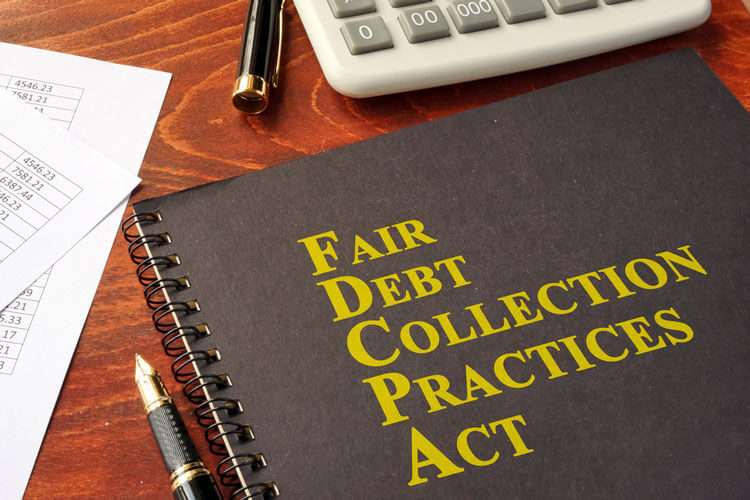The Fair Debt Collection Practices Act (FDCPA) protects consumers from creditors collecting debt after having obtained a bankruptcy discharge. While commonly known for preventing certain types of collection methods, the legislation is instrumental in cases of Chapter 7 bankruptcy. Federal courts found that attempting to collect after a bankruptcy discharge is a false representation about the debt’s legal status. That is, because the debt is no longer owed, it is illegal to suggest it is still eligible for collection.
North Carolina state laws such as the North Carolina Debt Collection Act and the North Carolina Collection Agency Act provide additional protections for debtors that exceed what the FDCPA provides.
Bankruptcy Discharge
Filing a Chapter 7 petition for bankruptcy can be a very difficult experience. The one primary benefit is the fresh start that you obtain where creditors can no longer harass you with efforts to collect debt.
However, some creditors and collection agencies fail to abide by the Court’s order after a bankruptcy discharge. But federal and state laws explicitly assert the bylaws of Chapter 7 and protect the consumer from further harassment.
FDCPA Attorneys
In the past, Maginnis Howard’s FDCPA attorneys have settled cases under for improper conduct after a bankruptcy discharge for confidential settlements that have reached six figures.
Maginnis Howard’s FDCPA attorneys offer free initial consultations regarding FDCPA claims. Our firm also handles all FDCPA cases on a contingency-fee basis.
To discuss your FDCPA claim, contact our firm at 919-526-0450 or by email at info@carolionalaw.com. You may also send any questions or inquiries you have about the Fair Debt Collection Practice Act, or any other consumer protections laws, through our contact page.






